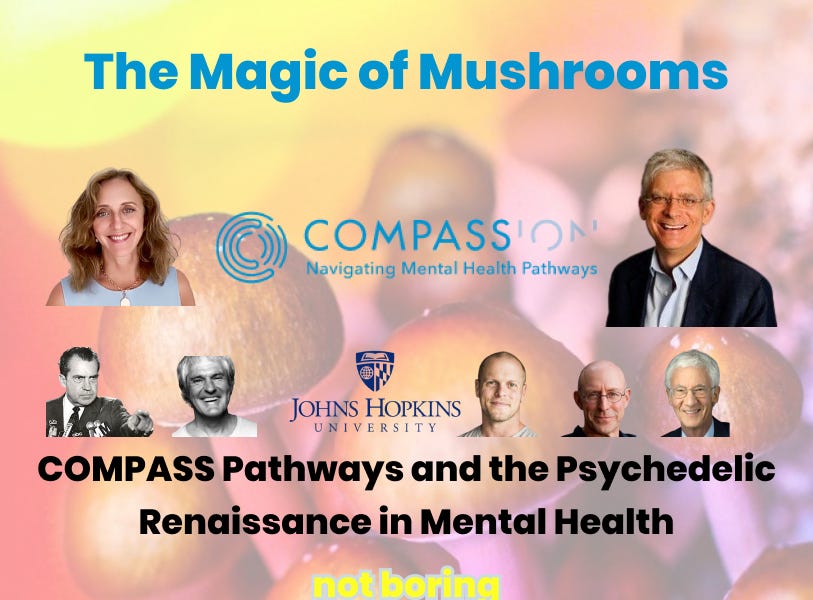Sublime
An inspiration engine for ideas

Irvin Yalom, the psychiatrist, wrote that it was “far better that [a patient make progress but] forget what we talked about than the opposite possibility (a more popular choice for patients)—to remember precisely what was talked about but to remain unchanged.”
Lori Gottlieb • Maybe You Should Talk to Someone: A Therapist, HER Therapist, and Our Lives Revealed
Worse yet, have psychotropic medications become a means of social control, especially of the poor, unemployed, and disenfranchised?
Anna Lembke • Dopamine Nation: Finding Balance in the Age of Indulgence
The more unequal your society, the more prevalent all forms of mental illness are.
Johann Hari • Lost Connections: Uncovering the Real Causes of Depression – and the Unexpected Solutions
He believes you can only ethically give out drugs if you are also at the same time trying to solve the deeper problem.
Johann Hari • Stolen Focus: Why You Can't Pay Attention--and How to Think Deeply Again
Hubbard believed it was unethical to profit from LSD, which led to tensions between him and some of the institutions he worked with, because they were charging patients upwards of five hundred dollars for an LSD session. For Hubbard, psychedelic therapy was a form of philanthropy, and he drained his fortune advancing the cause.
Michael Pollan • How to Change Your Mind: What the New Science of Psychedelics Teaches Us About Consciousness, Dying, Addiction, Depression, and Transcendence

Stahl's Essential Psychopharmacology: Neuroscientific Basis and Practical Applications
amazon.com
Robert OBrien MD
@docobrien